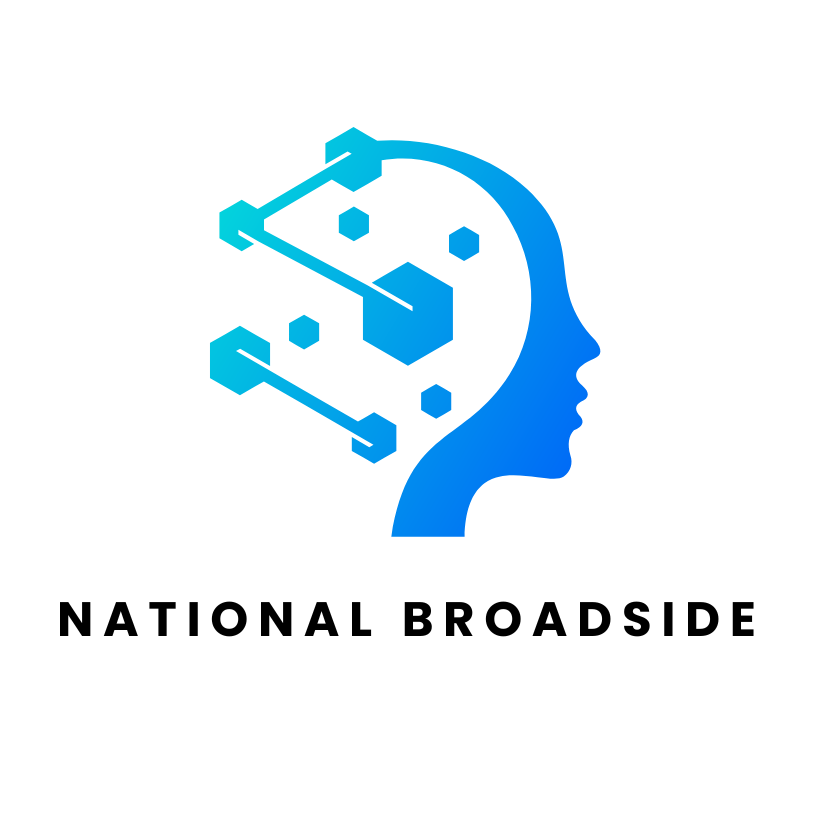Table of Contents
ToggleIn a world where robots are learning to do everything from driving cars to composing symphonies, it’s time to ask: are we teaching our kids to keep up? AI education isn’t just a buzzword; it’s the future of learning. Imagine classrooms where students collaborate with intelligent systems, tackling problems that would stump even the brightest minds. Sounds like sci-fi? Well, it’s happening right now.
Overview of AI Education
AI education plays a critical role in preparing individuals for a future dominated by intelligent systems. This modern educational approach integrates technology into learning, fostering skills necessary for collaboration with AI.
Definition of AI Education
AI education refers to the teaching and learning processes that involve artificial intelligence. It encompasses curriculum developments focused on machine learning, robotics, and data analysis. Educators incorporate hands-on experiences to enhance students’ understanding of AI concepts. This field also promotes critical thinking skills, essential for navigating the complexities of AI applications. Schools and institutions adopt various methods to deliver this education, making it accessible to learners of all ages.
Importance of AI Education in Today’s World
Understanding AI is crucial in today’s rapidly evolving job market. Industries increasingly seek professionals skilled in AI technologies, making this education highly relevant. Students exposed to AI concepts gain a competitive edge, preparing them for roles in fields like healthcare, finance, and technology. Additionally, AI education cultivates problem-solving and analytical skills, equipping individuals to tackle real-world challenges. Providing this education early fosters innovation and creativity, ensuring that future generations can harness AI’s full potential.
Current Trends in AI Education

AI education is rapidly evolving, reflecting the significant demand for skilled professionals in various industries. Trends highlight innovative approaches, utilizing technology to enhance learning experiences.
Online Learning Platforms
Online learning platforms have gained popularity for teaching AI concepts. They provide accessible courses on topics such as machine learning and data science. Notable platforms include Coursera, edX, and Udacity, offering specialized programs developed in collaboration with top universities. These platforms enable students to learn at their own pace. They also offer flexibility for working learners pursuing certifications and skills. Engaging interactive content further enhances understanding of complex AI principles, catering to diverse learning styles.
University Programs and Courses
University programs increasingly incorporate AI education into their curricula. Many institutions now offer bachelor’s degrees, master’s degrees, and specialized certificates in fields related to artificial intelligence. Institutions like Stanford, MIT, and Carnegie Mellon lead in providing comprehensive AI programs. Coursework often includes machine learning, neural networks, and robotics, integrating theoretical knowledge with practical applications. Graduate programs often emphasize research and innovation, equipping students to contribute to the evolving AI landscape. Networking opportunities within these programs connect students with industry leaders, fostering collaboration and potential job placements.
Challenges in AI Education
AI education faces significant challenges that impact its effectiveness and reach. Accessibility remains a pressing issue for many students, as not all have access to the necessary technology or internet services. Rural areas often lack the infrastructure for reliable online learning, creating disparities between urban and remote learners. This digital divide hinders equal opportunities for students to engage with AI resources.
Curriculum development presents another challenge in AI education. Many educational institutions struggle to keep pace with rapidly evolving technologies. Outdated curricula can lead to gaps in essential skills for future professionals. Moreover, aligning AI education with workforce needs requires collaboration between educators and industry practitioners. Integrating hands-on projects and real-world applications into the curriculum helps students grasp complex concepts. Addressing these challenges ensures that AI education remains relevant and effective for all learners.
Future of AI Education
AI education is evolving rapidly, shaping pathways for future learners. Innovations enhance teaching methods, while job market predictions highlight the skills necessary for upcoming professionals.
Innovations in Teaching Methods
Diverse teaching methods are emerging within AI education, focusing on experiential learning. Project-based learning engages students in real-world scenarios, fostering critical thinking. Flipped classrooms allow for more interactive and personalized learning experiences, giving students opportunities to explore AI concepts at their own pace. Virtual and augmented reality tools enhance comprehension of complex subjects, making abstract ideas more tangible. Gamification makes learning enjoyable while keeping students motivated and invested in their education.
Predictions for Job Market Demand
Job market demand for AI skills continues to soar, driven by industries like healthcare, finance, and tech. According to recent studies, the global AI market could surpass $190 billion by 2025. Reports indicate that job listings seeking AI expertise increased by 74% over the past four years. Skills in machine learning, data science, and robotics will be crucial for future professionals. Employers increasingly value candidates who demonstrate adaptability and problem-solving capabilities, which AI education cultivates among students. As companies integrate AI technologies, trained individuals will become vital assets in shaping operations and driving innovations.
AI education is crucial for preparing the next generation to thrive in a technology-driven world. As classrooms evolve to incorporate innovative teaching methods students are better equipped to tackle real-world challenges. The integration of AI into curricula fosters essential skills that enhance creativity and problem-solving abilities.
While challenges like accessibility and curriculum development persist collaboration between educators and industry leaders can bridge these gaps. By prioritizing AI education institutions can ensure that students gain the knowledge and skills needed for a competitive job market.
Ultimately investing in AI education today is an investment in a more innovative and capable workforce for tomorrow.







